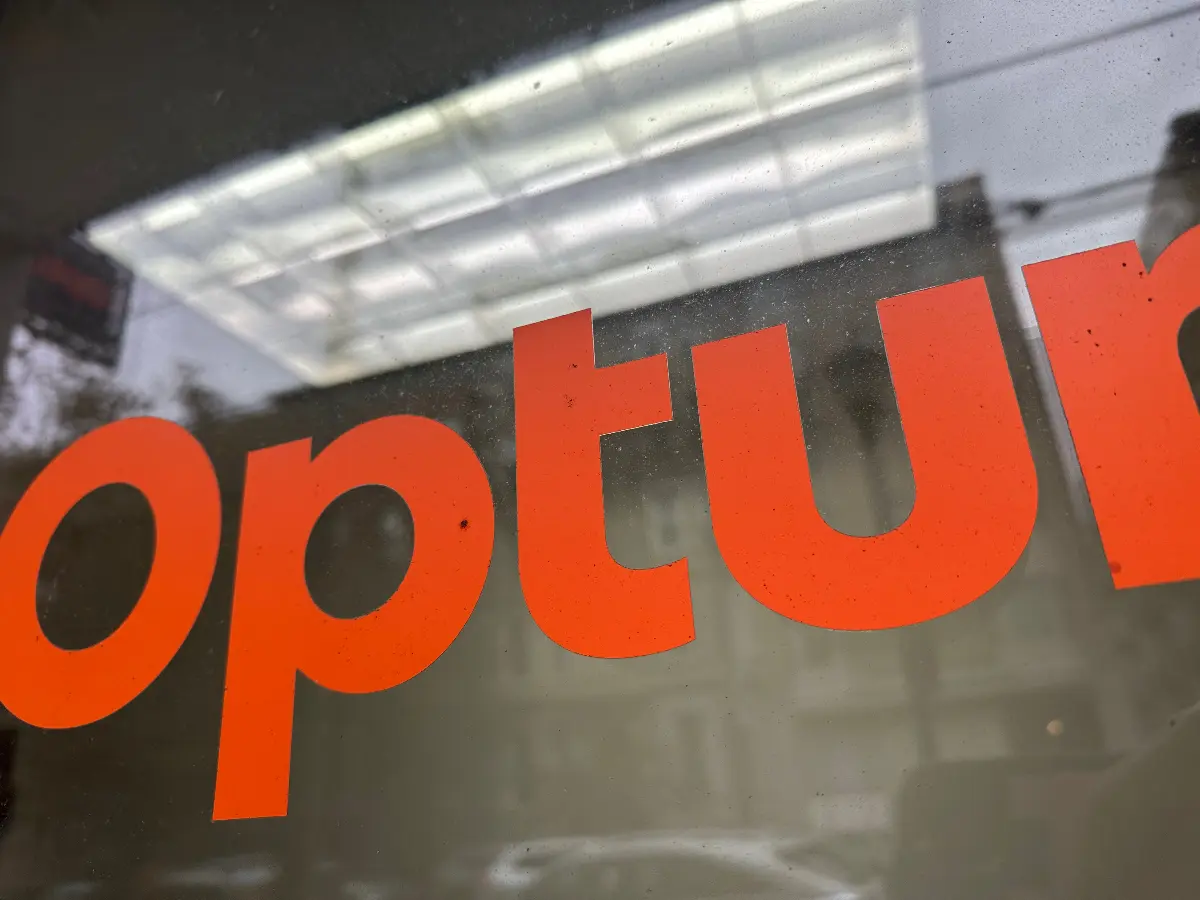Copyright Forbes

The rise of AI has redefined what it means to be efficient, informed, and scalable. But it’s also revealed a deeper truth: technology can accelerate progress, yet it can never replace the person behind the vision. The best founders—whether they’re building startups, social enterprises, or school-based ventures—succeed not because of the tools they use, but because of the human skills they embody. Those who know how to merge intelligence with intuition will always have the advantage. Below are five human skills AI can’t outperform, and why every entrepreneur should protect and practice them. 1. Storytelling in the Age of AI: Turning Data into Connection AI can summarize, rephrase, and even mimic tone, but it can’t feel the story it tells. Entrepreneurs, on the other hand, must make people care. Whether pitching investors, attracting early adopters, or rallying a team, storytelling is what transforms a product into a movement. Every founder has a “why.” The best ones learn to translate that why into a narrative that aligns with their audience’s aspirations or pain points. A teen founder building a sustainability brand might use AI to write copy, but the reason she started that brand and the story of the moment she decided to take action will always resonate deeper than an algorithmic paragraph. How to sharpen it: Practice sharing your story aloud at school events, in interviews, or even in short social posts. AI can assist with structure, but the soul of the story must come from you. MORE FOR YOU 2. Empathy in an AI World: The Real Engine of Innovation AI can predict behavior but not understand it. True innovation begins with empathy: seeing a problem through someone else’s eyes and designing a solution that genuinely helps. Every product, pitch, or business model starts with a question: “What do people need?” Empathy fuels customer loyalty, a strong culture, and responsible innovation. Through my work with WIT—Whatever It Takes, I’ve seen how empathy becomes a superpower when taught early. Teens who learn to design for others don’t just build stronger ventures; they develop stronger relationships with the world around them. How to sharpen it: Observe, listen, and ask better questions. Conduct user interviews that go beyond the data. Ask questions like “How does this make you feel?” or “What’s one thing you wish existed?” Build your brand around real people and real problems. 3. Human Judgment vs. AI Logic: Knowing What (and When) to Trust AI can offer a hundred answers, but only a human can choose the right one. In entrepreneurship, discernment—the ability to interpret context, assess risk, and make value-driven decisions —is everything. The abundance of AI-generated insights can be both a gift and a trap. Founders can easily mistake speed for strategy. Judgment is what helps you pause, think critically, and decide what aligns with your mission, even if the data says otherwise. Good judgment blends intuition with information and ensures every decision reflects both logic and lived experience. Take pricing strategy as an example. An AI model might suggest a price based on market patterns, but your judgment determines whether your audience perceives it as aspirational, accessible, or alienating. How to sharpen it: Make reflection part of your routine. After every major decision, document what informed your choices, whether it was data, instinct, or advice. Over time, you will develop pattern recognition not from code but from experience. 4. Adaptability in the AI Era: When Pivots Become Superpowers AI systems excel at pattern recognition, but struggle when the pattern changes. Humans—especially entrepreneurs—thrive in uncertainty. The most successful founders aren’t the ones who predict the future perfectly; they’re the ones who pivot quickly when their predictions fail. Adaptability is less about flexibility and more about resilience. It’s about adjusting without losing your purpose. In WIT programs, we often remind teen founders that pivots aren’t signs of failure; they are proof of learning. Adaptability is the real flex, whether you’re a 16-year-old founder testing a new idea or a CEO navigating disruption. How to sharpen it: Treat every setback as data. Create a “pivot log” documenting what you learned and how you responded. That record becomes one of your greatest assets and your proof that you can evolve faster than you think. 5. Integrity Beyond AI: The Trait Machines Can’t Imitate AI doesn’t have ethics; it has inputs. As automation scales, integrity becomes not just a moral choice but a business differentiator. Founders who lead with transparency and fairness will earn trust that no algorithm can buy. Consumers—especially Gen Z—spot inauthenticity instantly. They don’t just care what you sell; they care how you sell it. Integrity isn’t static; it’s tested daily through partnerships, pricing, sourcing, and storytelling. A founder who turns down an investor because the values don’t align, or who credits their team in every media feature, demonstrates leadership AI could never replicate. How to sharpen it: Define your non-negotiables early. What will you never compromise on, even for growth? Integrity isn’t about perfection; it’s about doing the right thing consistently and even when no one’s watching. Why Teaching Human Skills Early Matters in the Age of AI AI isn’t replacing entrepreneurs; it’s reshaping them. The future belongs to founders who blend data with discernment, automation with empathy, and precision with purpose, and who will build ventures that endure long after the next technological shift. For more than a decade, I have watched young founders develop skills that no algorithm can replicate, including emotional intelligence, adaptability, and leadership. These are not soft skills; they are the core of resilience. Whether you are pitching your first idea in high school or managing a global team, those same human instincts determine how you navigate change. When people learn to problem-solve and lead with empathy, they are not just preparing for careers. They are preparing for a world powered by AI but guided by human values. And while AI may shape the tools entrepreneurs use, it will never shape their why. It can make us faster but not wiser. It can process data, but not meaning. The real edge is not keeping up with AI but staying grounded in what makes you unmistakably human.



